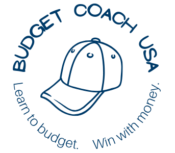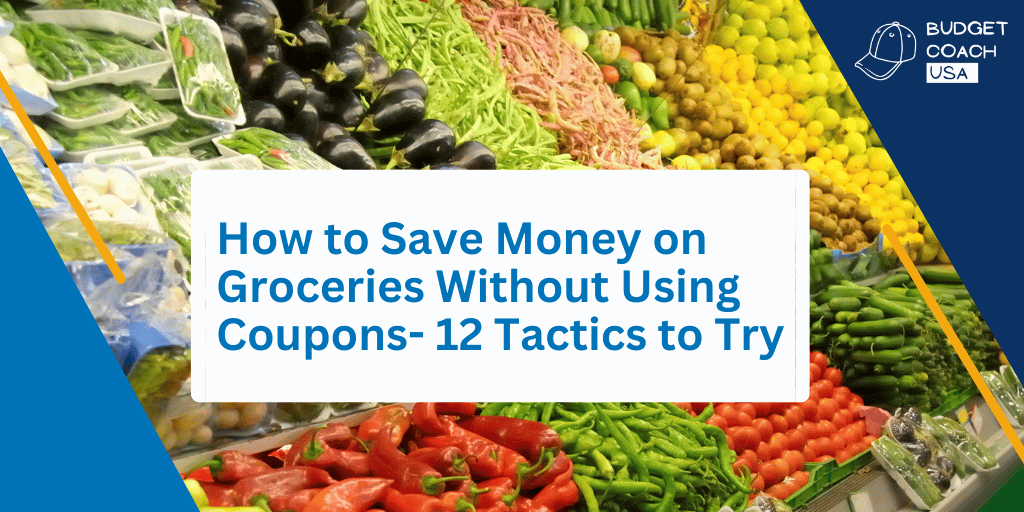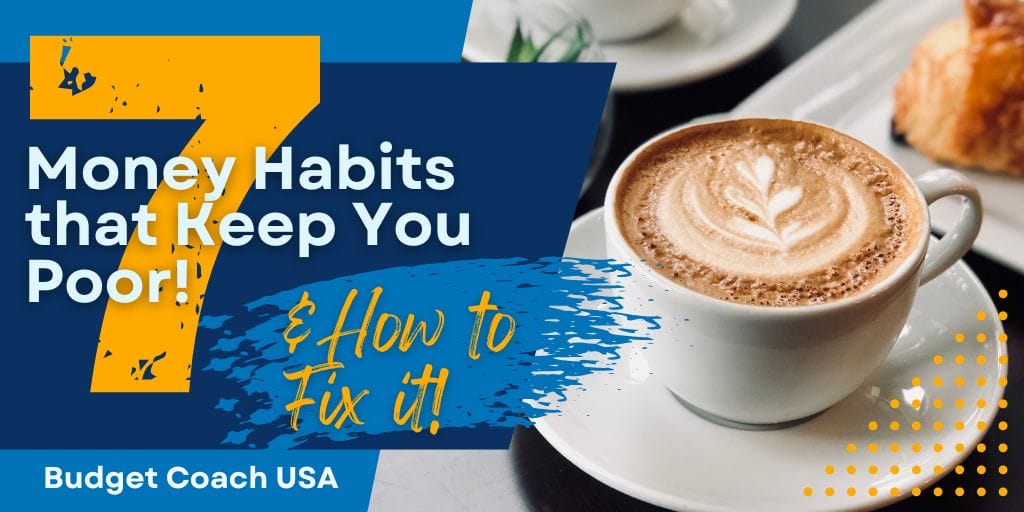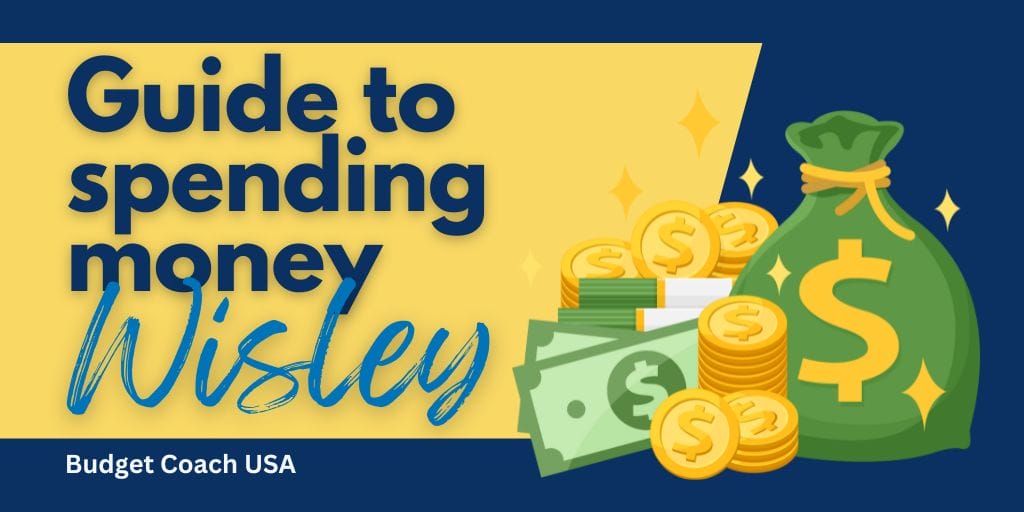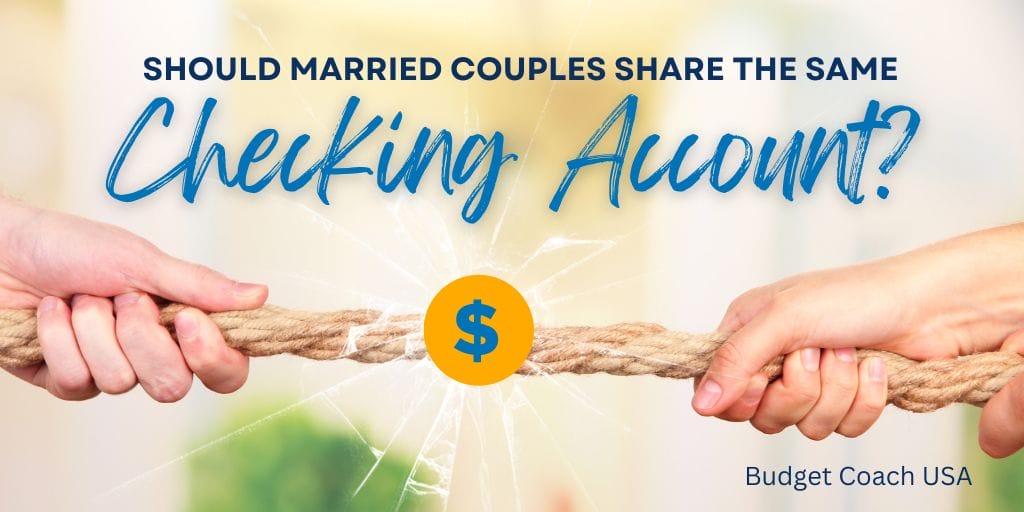Introduction
Are you thinking about buying a house? Purchasing a home is a major decision that requires careful consideration. Before taking the plunge, it’s important to assess your financial readiness and determine if you’re truly ready to make such a significant investment. To help you determine whether now is the right time for you to buy a house, we’ve put together an “Am I Ready to Buy a House Quiz”. This quiz will guide you through some key questions that can help you evaluate your current financial situation and readiness for homeownership. So, let’s get started!
Benefits of Taking the “Am I Ready to Buy a House Quiz”
Buying a house is one of the most significant investments that an individual can make in their lifetime. It requires careful consideration, planning, and financial stability to ensure that you don’t end up house poor and unable to maintain your new investment.
- Taking the “Am I ready to buy a house quiz” can prevent you from becoming “house poor”.
- Taking the “Am I ready to buy a house quiz” can prevent you from buying a home you are unable to protect or care for.
- Taking the “Am I ready to buy a house quiz” can prevent you from experiencing unnecessary financial stress.
Am I Ready to Buy a House Quiz Questions:
So let’s get started. To be ready to buy a house you need to be able to answer “yes” to each of the following 5 questions. If you cannot, you are risking your future and financial stability by taking on a home mortgage.
1. Are you debt free with a full emergency fund?
Why is it important to be debt free and have an emergency fund before buying a house? Well, for starters, if you try buying a house while you have debt, it’ll be tough to save up a strong down payment since most of your extra money will be going out the door to credit card companies. And if you buy a house without an emergency fund, it won’t be long before you are back in debt when something inevitably goes wrong like a leaky roof or a faulty HVAC unit. Juggling home ownership and debt payments from the past just don’t go well together. So kick the past out of your life so you can comfortably plan for your future. Be debt free with an emergency fund of 3 to 6 months of household expenses set aside for emergencies before buying a home.
2. Do you have a downpayment saved along with closing costs?
There are home loan programs that provide shortcuts to home ownership however they are fraught with risk. (See 2008 subprime mortgage crisis) When you are unable to structure your life and finances to save a down payment and closing costs, it is a reasonable indicator that you won’t succeed in paying your mortgage and handling home maintenance costs either. So it is important that you are able to save for your down payment and closing costs using your own income and financial discipline before entering home ownership.
How much is a home down payment?
Home buyers who are seeking a conventional home loan will be required to make a down payment anywhere between 3% and 20% (or more) depending on the lender, the loan program, and the price and location of the home. Keep in mind that when you put down less than 20% on a conventional loan, you are required to pay private mortgage insurance (PMI).
So for a home with a purchase price of $225,000 the down payment would be between $6,750 and $45,000.
How much are closing costs?
Closing costs are the expenses associated with processing your home loan such as legal fees, bank fees, title fees, and the like. They are usually 3-5% of the loan amount. So using our example of a home purchase of $225,000 your closing costs would be between $6,750 and $9,000.
Totaling both the down payment and closing costs on a $225,000 home a conventional home loan will require the borrower to pay a total of $13,500 on the low end and $54,000 on the high end before even receiving the keys.
3. Will the payment be more than 25% of your take-home pay?
Don’t be house poor. What is house poor? You are house poor if you buy too much house and cannot afford to comfortably make the mortgage payment and provide for home maintenance expenses. Based on experience, this line is crossed when a home borrower takes a loan with a monthly payment of more than 25% of their take-home pay. Many lenders will stretch this percentage to 35% (or more) in an effort to make the loan, however, do not make this mistake. The mortgage lender has a different motivation in your relationship. Do what is best for you regardless of what they say you can “afford”. Never take a home loan that requires a monthly payment in excess of 25% of your monthly take-home pay and budget accordingly.
It is advisable that your loan is for a maximum of 15 years and that you always use a fixed-rate mortgage.

4. Can your monthly zero-based budget comfortably fund 1% of your home’s purchase price for repairs?
Closing on your home loan is just the start of your home ownership journey. It won’t be long after you move in that you realize the costs associated with owning a home are many. Appliances break down, HVAC systems need to be replaced and roofs don’t last forever. A good rule of thumb is to save 1% of your home’s purchase price each year for home repairs. Using our earlier example of a $225,000 home, you would need to save (in a separate savings account fund) a total of $2,250 annually for repairs and maintenance. Or about $187 per month. Faithfully doing within your zero-based budget so will enable you to make repairs and maintain your home with little or no financial stress when things break down.
5. Can your monthly zero-based budget comfortably fund life and disability insurance?
Homeownership is a big step toward your financial future. Homes appreciate over time and for most Americans, the equity in their home represents much of their net worth. So never put your home at risk by leaving it unprotected. Of course, this includes appropriate home insurance, something your home mortgage lender will require. However, it also includes your ability to make the mortgage payments faithfully which means protecting your income too.
Even if you are not buying a home (but especially if so) if you have a spouse or any dependents should have a life policy in the amount of 8 to 10 times your annual income as well as a disability insurance policy. These two things will protect your monthly income so that if the unthinkable happens, you are able to continue to make your mortgage payments, protecting your lifestyle and investment.
How much life insurance do I need?
Each spouse should protect the other with a minimum of 8 times their annual income with a Term Life Insurance policy. Never whole life insurance or anything of “cash value”. So if your income is $60,000 per year, you should carry a minimum of $480,000 in term life insurance to protect your spouse. This will ensure that should anything happen to you, they can carry on without financial stress in addition to everything else.
How much disability insurance should I have?
To adequately protect your income should you become disabled for a period of time we recommend that you carry a long-term disability policy for each income earner in the home. A policy that covers 60 to 70% of your monthly take-home pay for a period of at least 5 years gives you the ability to replace most lost income should one of you become disabled. These policies vary by the occupation and income of the covered person but for the average adult, the cost can range from 1 – 3% of your annual income. So for a person earning $60,000 per year, the cost can range from $50 on the low end to $150 per month on the high end.
Final Thoughts – Am I Ready to Buy a House Quiz
So how did you do? The cost of home ownership extends well beyond the monthly mortgage payment. Let’s take a look at the breakdown below to see how ready you are to make the jump. We’ll continue with our example of a $225,000 home purchase.
- Are you debt free? Being debt free before taking on a mortgage gives you the clearest path toward paying off your home early and beginning to build wealth.
- Do you have a down payment and closing costs saved? Totaling both the down payment and closing costs on a $225,000 home a conventional home loan will require the borrower to pay a total of $13,500 on the low end and $54,000 on the high end before even receiving the keys.
- Will your monthly payment be less than 25% of your monthly take-home pay? You are house poor if you buy too much house and cannot afford to comfortably make the mortgage payment and provide for home maintenance expenses.
- Can your monthly zero-based budget comfortably absorb 1% of your total home purchase price saved for home repairs and maintenance Using our example of a $225,000 home, you would need to save (in a separate savings account fund) a total of $2,250 annually for repairs and maintenance. Or about $187 per month.
- Have you adequately protected your spouse and or dependents with a term life policy and disability insurance to protect your income? These two things will protect your monthly income so that if the unthinkable happens, you are able to continue to make your mortgage payments, protecting your lifestyle and investment.

